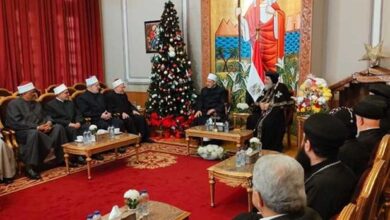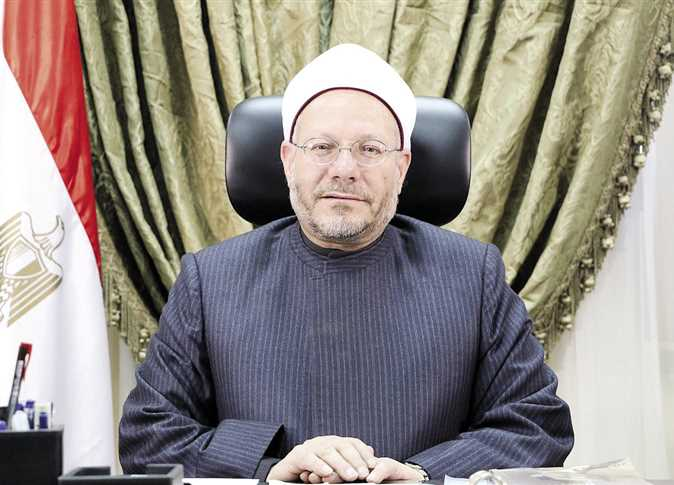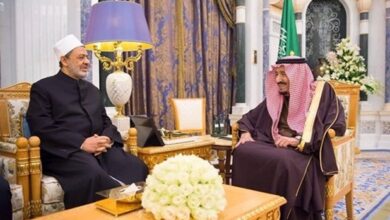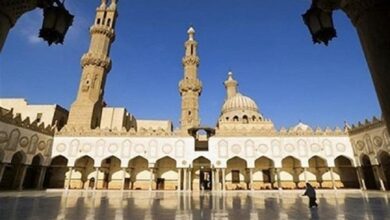The spokesperson for the Salafi-led Nour Party rejected a fatwa issued by a member of Al-Azhar's religious edicts committee urging violent confrontations at the planned 24 August protests against Muslim Brotherhood rule.
"Freedom of expression is preserved for all as long as it is in a peaceful way," spokesperson Nader Bakkar said on Twitter.
"The fatwa shocked everybody," Bakkar said, adding that Al-Azhar should issue a statement rejecting it.
"The Interior Ministry should take seriously the threats issued by certain parties who want to drag the country into chaos and tend to use violence," Bakkar wrote.
"You are absolutely free to disagree with the president and oppose his policies as long as you abide by peaceful [protests], do not disrupt civilian life, and do not damage public or private facilities," Bakkar added.
Sheikh Hashem Islam of Al-Azhar's Fatwas Committee on Tuesday accused those intending to take part in the planned protests of committing “major treason," arguing that since President Mohamed Morsy was elected through fair direct elections no such demonstrations should take place.
“Resist them," Islam told a seminar at Cairo's Diplomats Club. "If they fight you, fight back. If they kill you, you are in paradise. If you kill them, there is no blood money [owed]."
Former presidential candidate Hamdeen Sabbahi also weighed in on the planned protests on Tuesday, saying that while he supports the demonstrations, he is against the use of violence.
"I will protect the headquarters of the Freedom and Justice Party if it is exposed to arson, and I defend the rights of all Egyptians," he said.
At an iftar ceremony Tuesday in Abdel Razek Abu Farag village, in Kafr al-Sheikh Governorate, Sabbahi expressed his sorrow over the death of 16 Egyptian soldiers at the Egypt-Israel border.
Sabbahi said he respected President Morsy's decrees forcing the leaders of the Supreme Council of the Armed Forces from power. However, he demanded that Morsy does not establish a "Brotherhood state," something he said is no less dangerous than the military rule and threatens the state of modern democracy for which the revolutionaries have fought.
Combined and edited translation from Al-Masry Al-Youm




